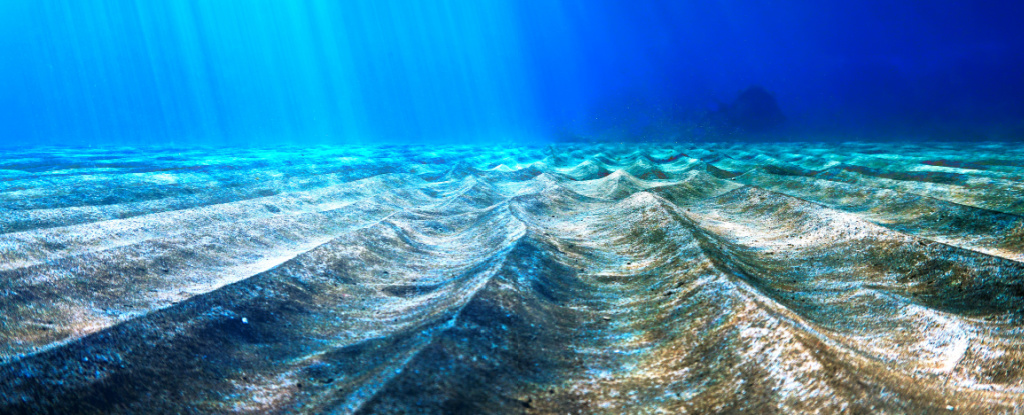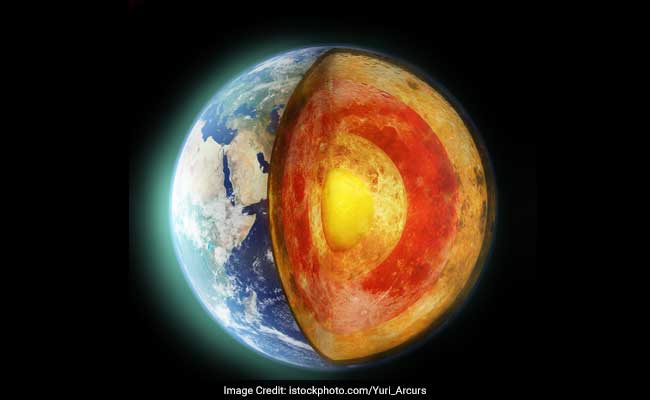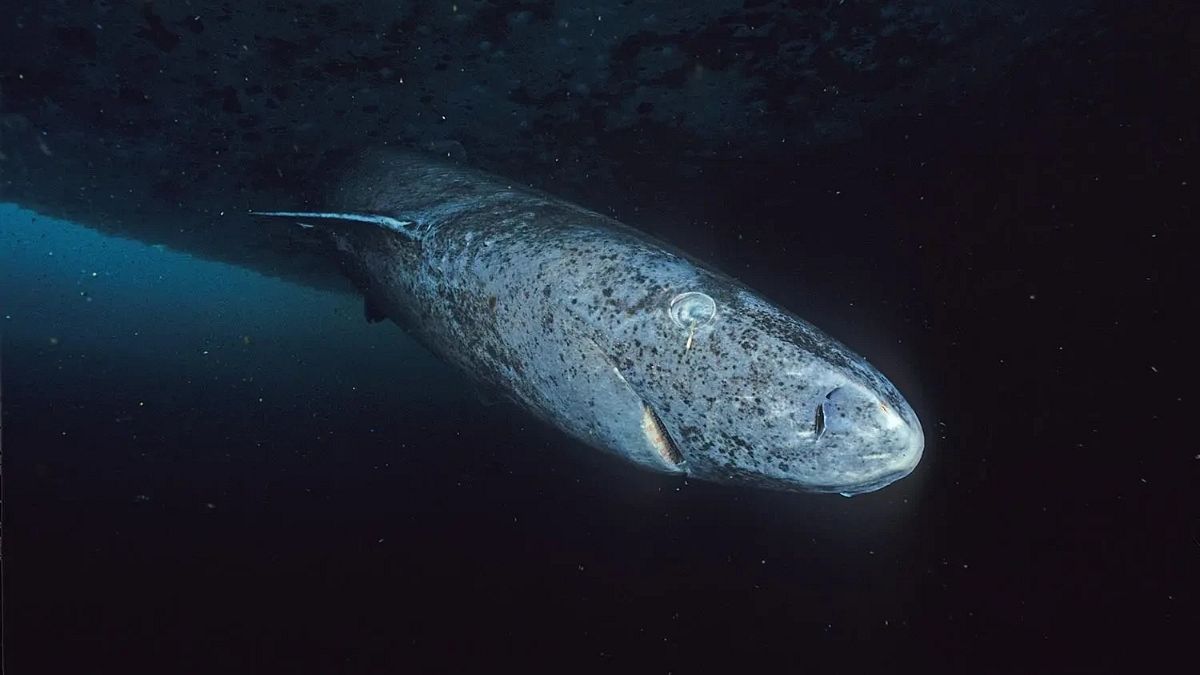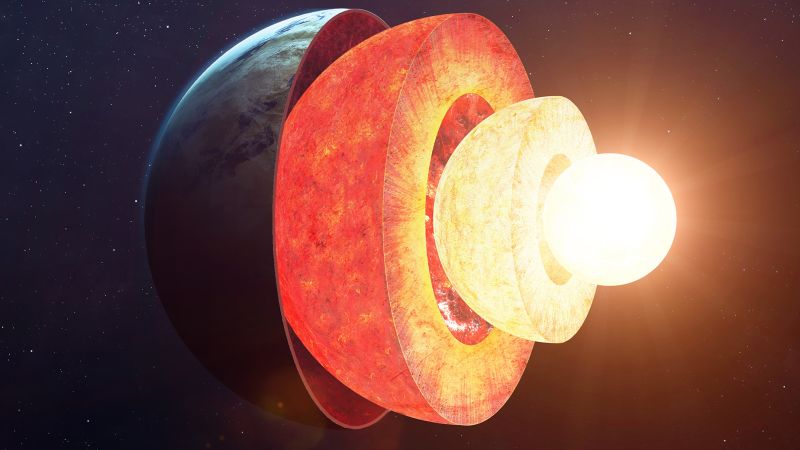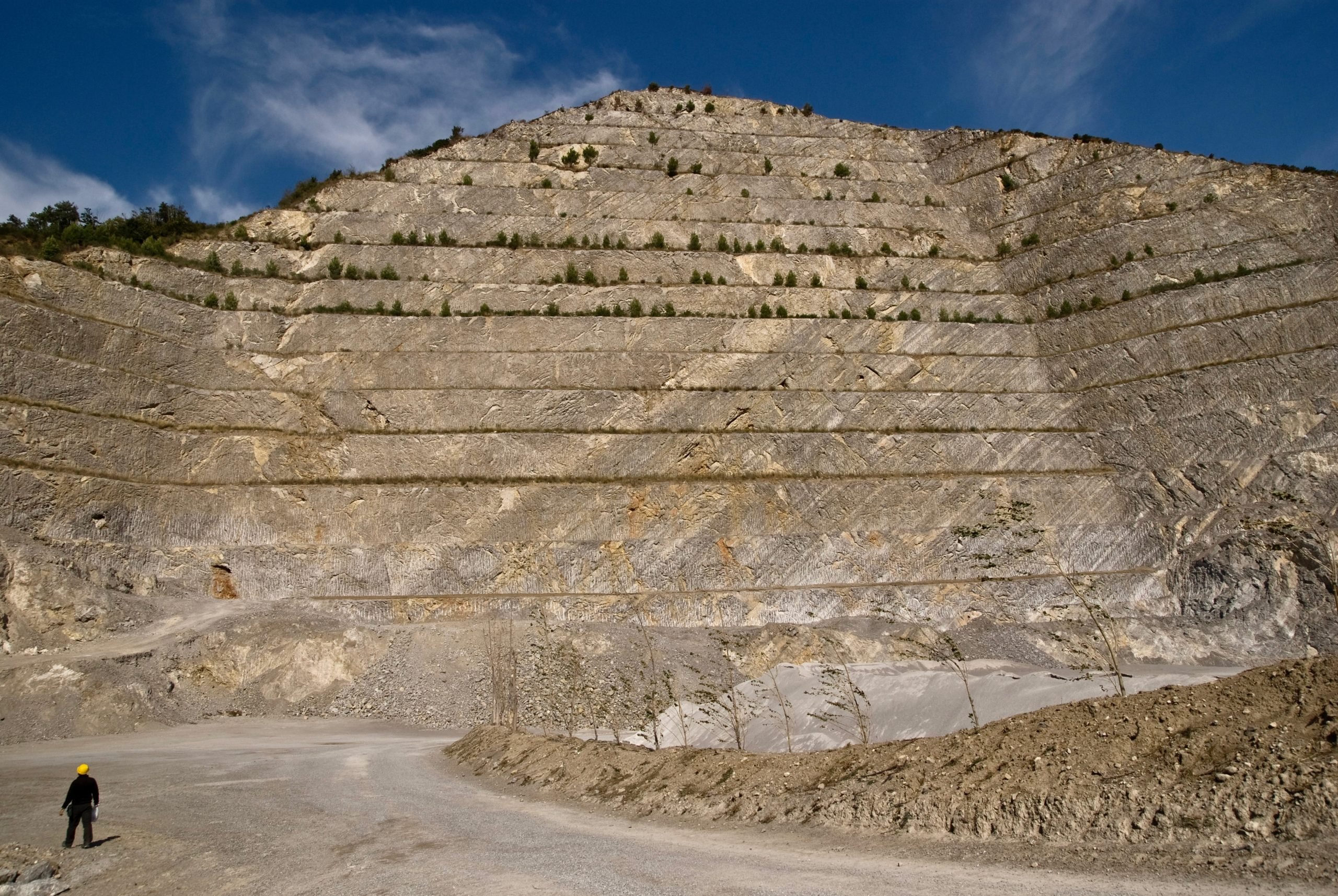Scientists discover life needed only a tiny amount of oxygen to explode
It has long been thought that a monumental increase in oxygen fueled the Cambrian explosion about 540 million years agobreathing life into the Earth’s biosphere to generate a rich diversity of astonishingly complex animal species. Whether oxygen really played such a crucial role is hotly disputed, however, with other factors possibly playing a role. ignite … Read more
